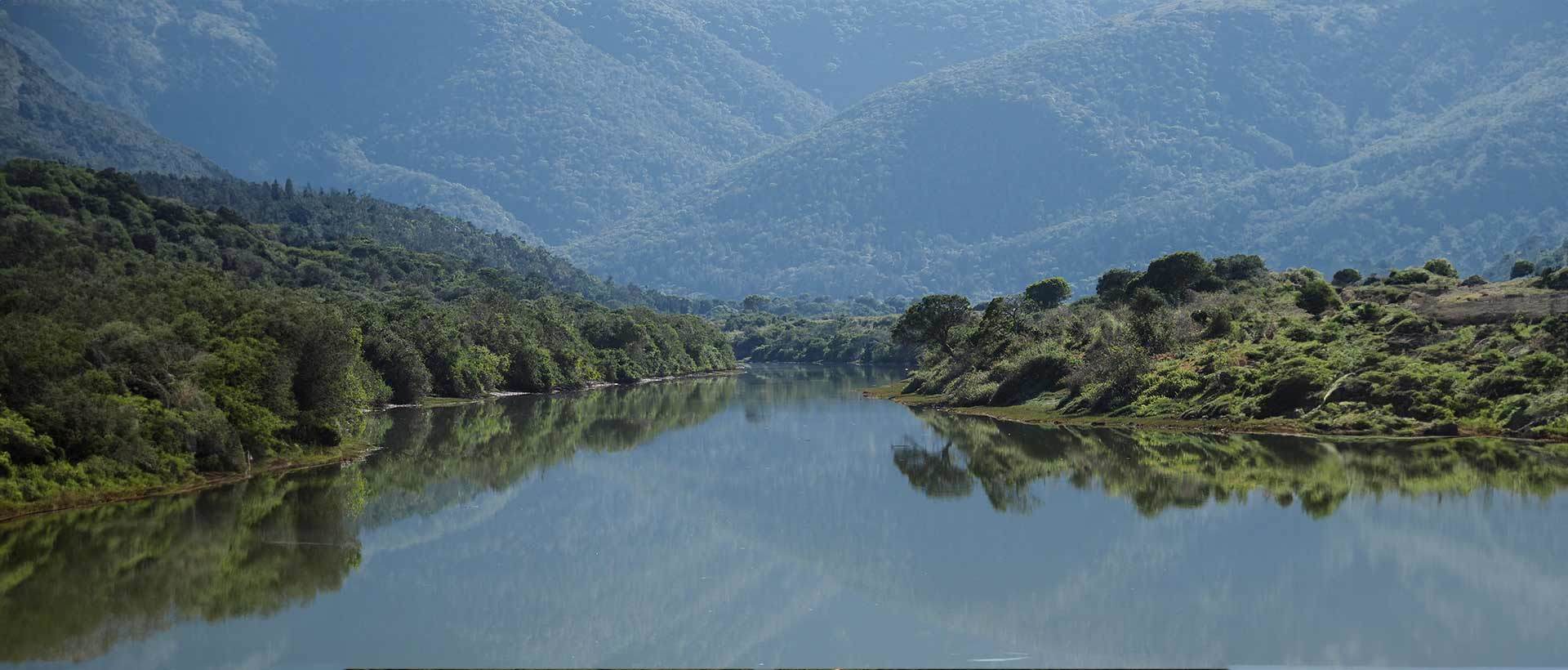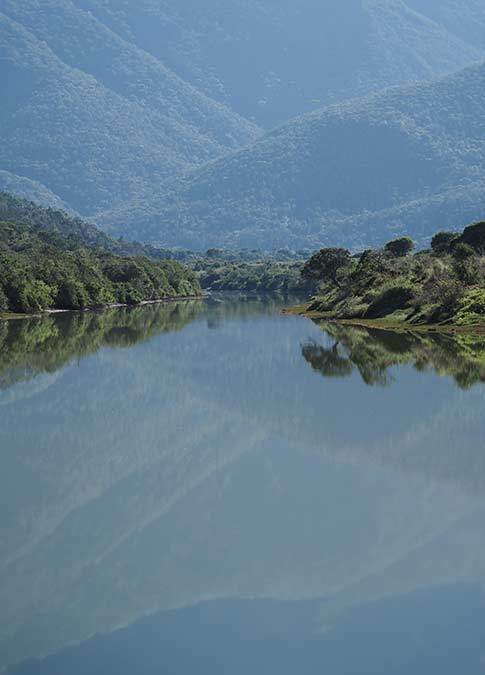Pioneering Elephant Range Expansion Research
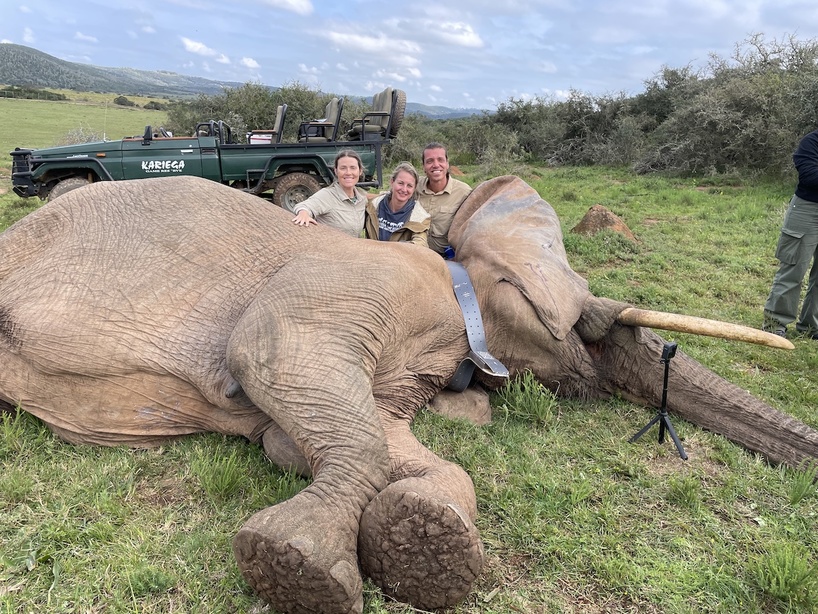
Kariega Game Reserve in partnership with The Kariega Foundation and Bring The Elephant Home have a rare opportunity to research the impact of range expansion on elephant wellbeing in South Africa.
Kariega Game Reserve is a Big 5, malaria free, privately owned game reserve. The 11,500 hectare protected wilderness, incorporating two tidal rivers in a dramatic landscape of hills, valleys and savannah grasslands is considered an African paradise. It is located 90 minutes from Port Elizabeth and just 15 minutes from the beautiful beaches at Kenton-on-sea, making it the perfect Safari destination to end a holiday down South Africa's famous Garden Route.
Kariega Game Reserve is in the process of an exciting habitat expansion project which has grown the footprint of the protected area to 11,500 hectares. The western section of the reserve is currently divided into three main parts, two of which are home to two healthy populations of elephant. The biggest herd consists of 48 members and the other consists of 16 members. Over the course of the next year two major fence lines dividing the current sections will be dropped, knitting Kariega west into one large 9000 hectare wilderness and creating one home for the two herds which will comprise 64 members.
The first major fence line is being dropped this week and the second one will be dropped a year from now in September 2023 to complete the range expansion. While Kariega Game Reserve prepares and implements the various phases of the habitat expansion project, Bring The Elephant Home have collared six elephant to track their movement and assist in monitoring their behaviour before and after the fence removal.
The outcome of this research will assist and encourage many other habitat expansion and elephant reintegration projects in South Africa, ensuring the continued survival and wellbeing of this keystone species. Thank you to Bring The Elephant Home for funding this important research, elephant collars and helicopter costs for the procedures and thank you to Dr William Fowlds and Vets Go Wild for funding the collaring procedures. Thank you to Kariega Game Reserve for their continued commitment to conservation for the greater good of our planet and people.
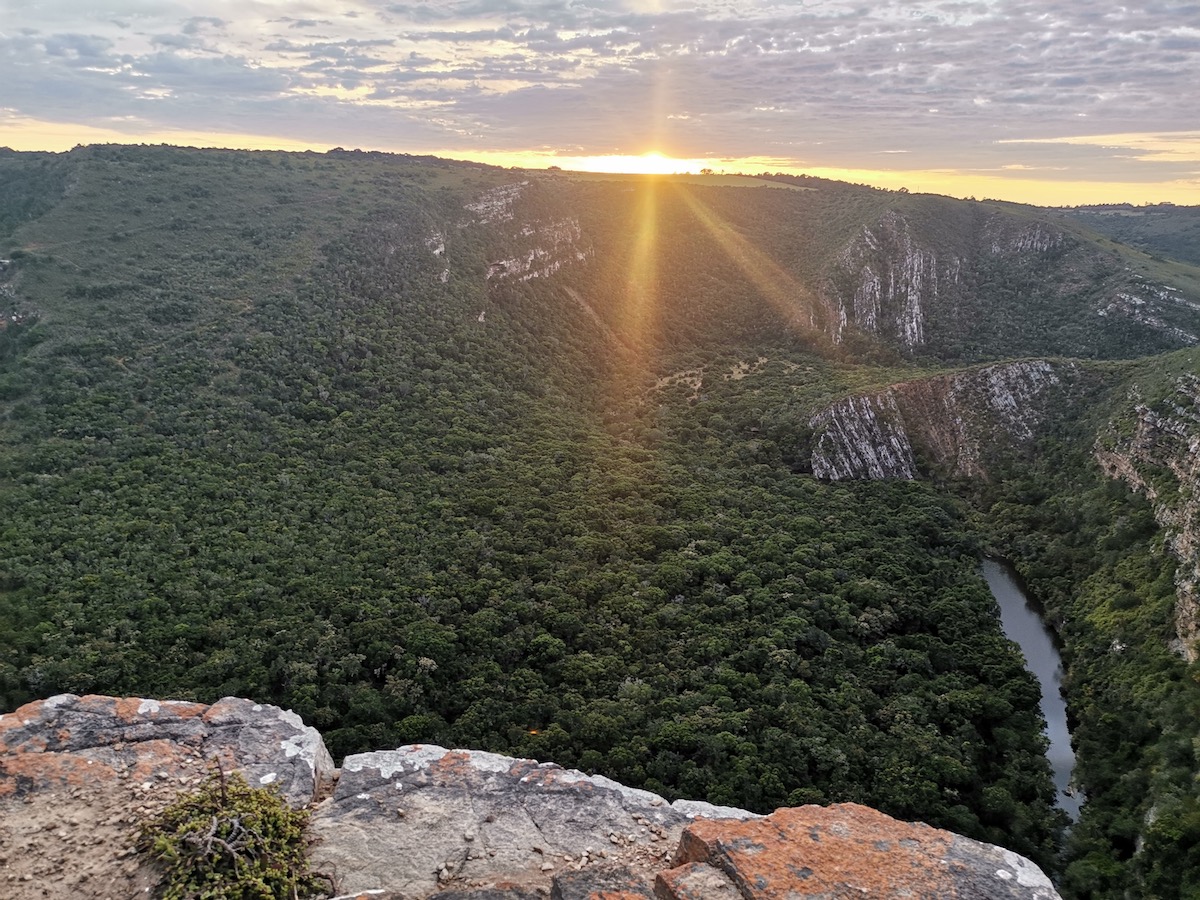
Importance of Range Expansion for Elephant
The greatest threat to the elephants survival is insufficient habitat.
The natural movement and social structure of a herd of elephants requires a large amount of space. An adult elephant can consume up to 300 pounds of food (including grasses, tree foliage, bark, twigs and other vegetation) a day and drink up to 50 gallons of water in a day too. They sometimes need to traverse exceptional distances to fulfil these daily needs. The habitat must also be big enough to allow for the natural progression of the family structure. Elephant mothers, babies and youngsters stay together in one large herd under the leadership of the matriarch. When these family herds become too big they split into smaller herds that come together from time to time. Young bulls reach an age where they need to break away from the herd and establish their independence. During this phase of a young bulls life, the dominant bull plays an important mentorship role, teaching the younger bulls 'how to behave' in relation to one another and the herd and how to cope with the solitary life they will lead when they reach maturity and become the dominant bull of their own breeding herd one day. These male elephant groups of varying ages need enough territorial space to avoid bumping into and fighting with each other. Insufficient habitat places a lot of stress on this natural process and the animals within it.
While there are opportunities for range expansion and the creation of wildlife corridors between privately owned reserves and national parks within the Eastern Cape and South Africa, there is also apprehension around dropping fences and increasing range expansion for growing herds of elephant, due to a lack of understanding into how the elephants behaviour and movements will change within the larger space and how this will impact eco-tourism businesses that depend on interaction with these majestic and gentle giants.
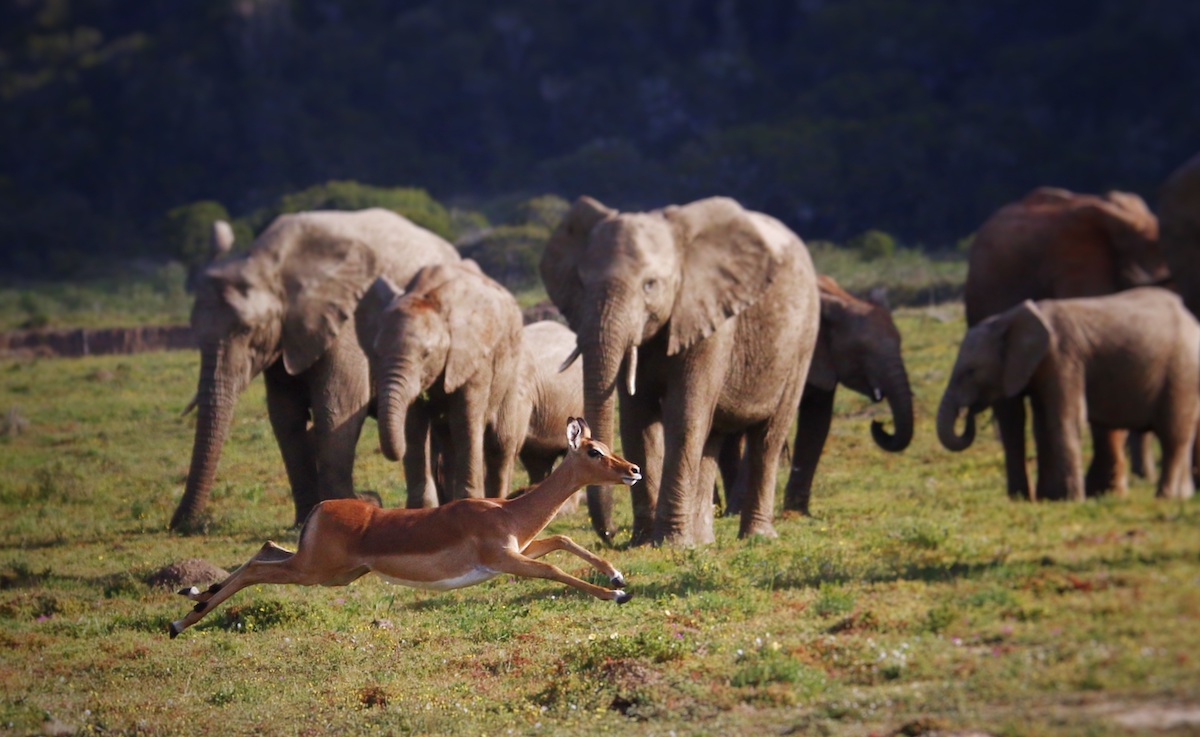
Research Objectives
The objective of the research is to answer two important questions for landowners and ecologist who are considering expanding habitats:
- Will the elephant’s behaviour change once the land is expanded?
- Will the elephant’s welfare improve while still upholding the welfare of people and possibly decreasing the costs needed to manage elephants in closed areas?
To attempt to answer these questions Kariega Game Reserve and Bring The Elephant Home have collared six elephant across different ages and sexes on both sides of the fence that will be dropped in September 2023. The collars allow the research team to track movement and therefore also behaviour (because they know the location of the elephant for observation purposes) of the select elephant. This data will be recorded for the year leading up to the fence dropping and then for a year post the fence dropping. The before and after data will then be compared and analysed in order to prepare a scientifically based answers to the questions.
The hypothesis is that the elephants will not leave their existing habitat but will rather expand their home range, increasing their well-being and offering no threat to eco-tourism and guest sightings.
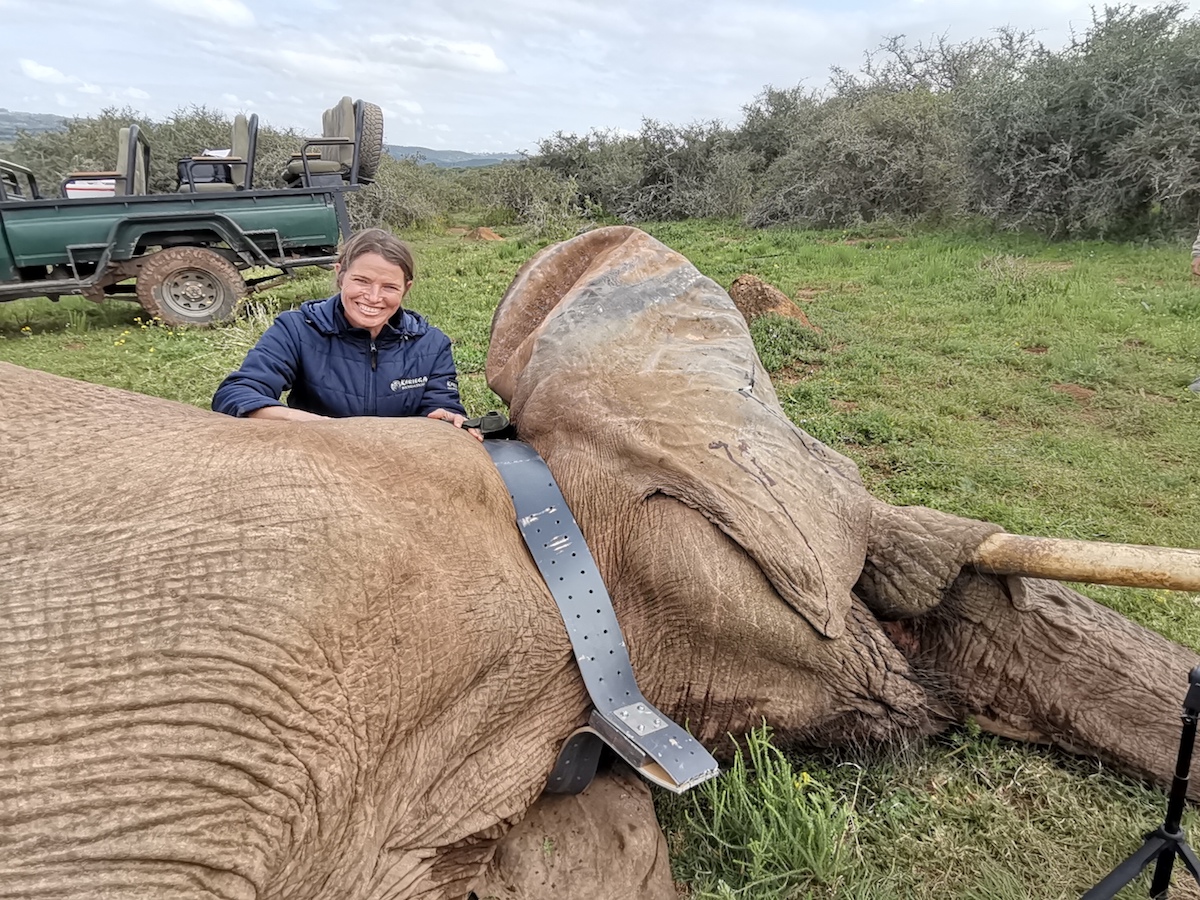
Key Conservation Partnerships
Kariega Game Reserve in partnership with the Kariega Foundation have three core values: giving each and every one of our guests an immersive and life change safari experience; remaining committed to our role as conservation pioneers and delivering on professional and research based conservation and wildlife management practices; and working with our neighbouring communities to create rejuvenation and increased opportunities for well-being and success in life.
The big vision and dream of Kariega Game Reserve and the Kariega Foundation is to leave a legacy of rejuvenation for our planet, people and wildlife. Partnerships with key conservation organisations like Bring The Elephant Home is critical to our collective success.
Bring the Elephants Home was founded by Antoinette van de Water in 2005 after volunteering at an abused elephant sanctuary in 2002. She believed that she could make a difference and she is. Antoinette and her BTEH team have had a significant impact on countries like Thailand, Cambodia, and Borneo, by reforesting and rehabilitating the environment and elephants with the goal of expanding the natural habitat for the elephants.
Antoinette brought a team of seven volunteer researchers to the Kariega Conservation Centre in September this year to complete phase one of this research project, which was to fit the elephant collars and monitor the elephants response to the collars. It was found that the elephant were initially curious about the collars, using their trucks to smell and feel them, but they soon became accustomed to them in the same way a human would become accustomed to wearing a new watch! Head researcher Brooke Friswold is still on-sight overseeing the monitoring which is being supported by Kariega Game Reserve ecologist, Chris Reynecke and the Kariega field rangers. It is a team effort!
In February 2023, Antoinette will be returning to Kariega with a new team of research volunteers.
Thank you to everyone involved in the project. Together we will make a significant difference to the well-being and survival of this iconic species.
If you have any questions or would like to support the efforts of the Kariega Foundation and this important research please email foundation@kariega.co.za.
